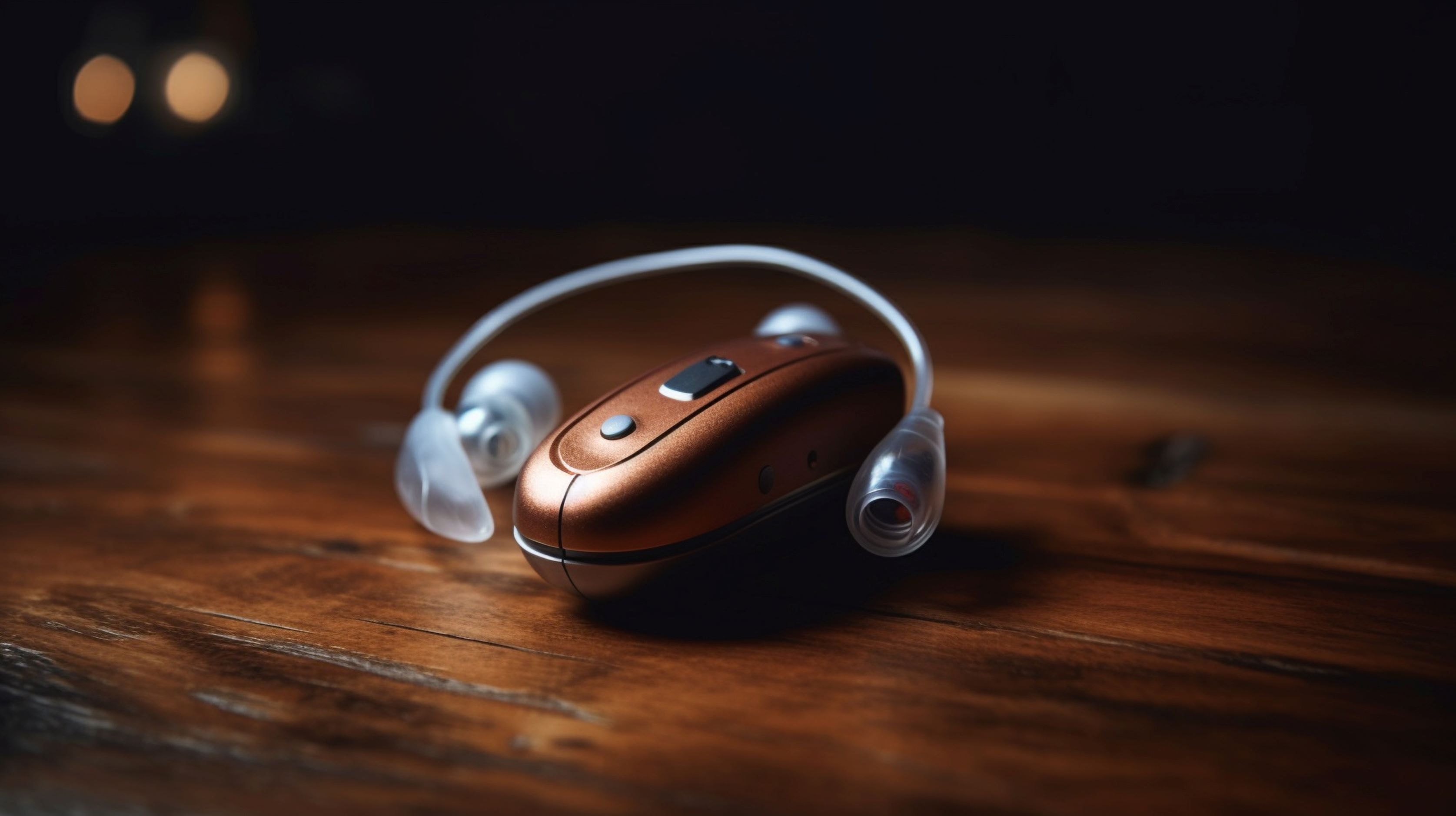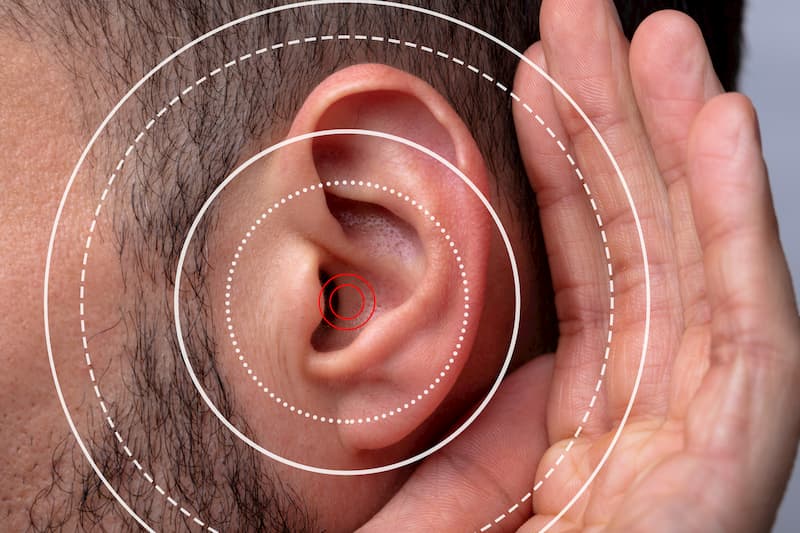
Profound Hearing Loss
Profound Hearing Loss
Profound hearing loss is the most severe form of hearing impairment, characterized by an inability to hear sounds softer than 90 decibels. Individuals with profound hearing loss may struggle to detect even loud environmental noises or speech, relying heavily on visual cues like lip reading or sign language for communication.

Causes
- Genetic Factors : Some individuals are born with genetic conditions that affect hearing ability.
- Noise Exposure : Prolonged exposure to loud sounds, such as in construction or music concerts, can cause irreversible damage.
- Infections : Diseases like meningitis or measles can damage the inner ear, leading to profound hearing loss.
- Ototoxic Medications : Certain medications can be harmful to the structures in the inner ear.
- Age-Related Hearing Loss : Gradual loss of hearing ability as a result of aging (presbycusis).
- Trauma : Head injuries or physical trauma to the ear can result in severe hearing impairment.
Symptoms
- Inability to hear most sounds, including speech and loud noises
- Difficulty understanding conversations without visual aids
- Frequent reliance on sign language or lip reading for communication
- Difficulty using telephones or listening to the TV, even at high volumes
- Possible feelings of isolation or frustration due to communication barriers
Diagnosis
- Audiometry : A detailed hearing test that measures the severity of hearing loss.
- Otoacoustic Emissions (OAE) : Assesses the functionality of the hair cells in the inner ear.
- Auditory Brainstem Response (ABR) : A test to examine the hearing nerve pathways from the ear to the brain.
- Imaging : CT or MRI scans may be conducted to check for structural abnormalities.
